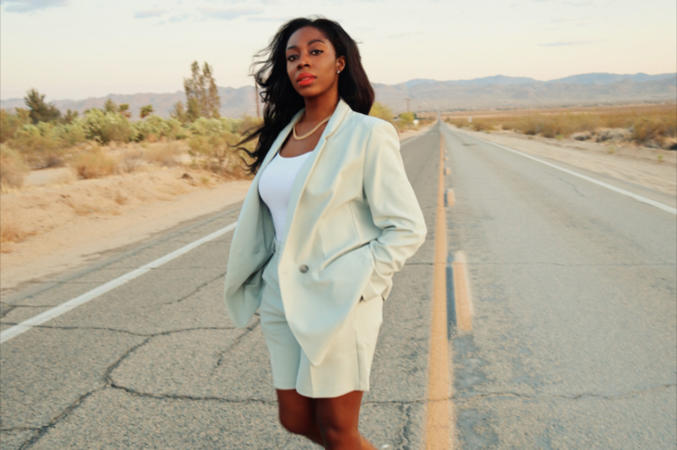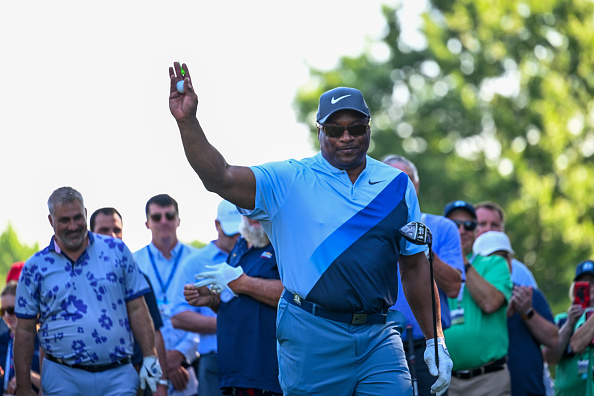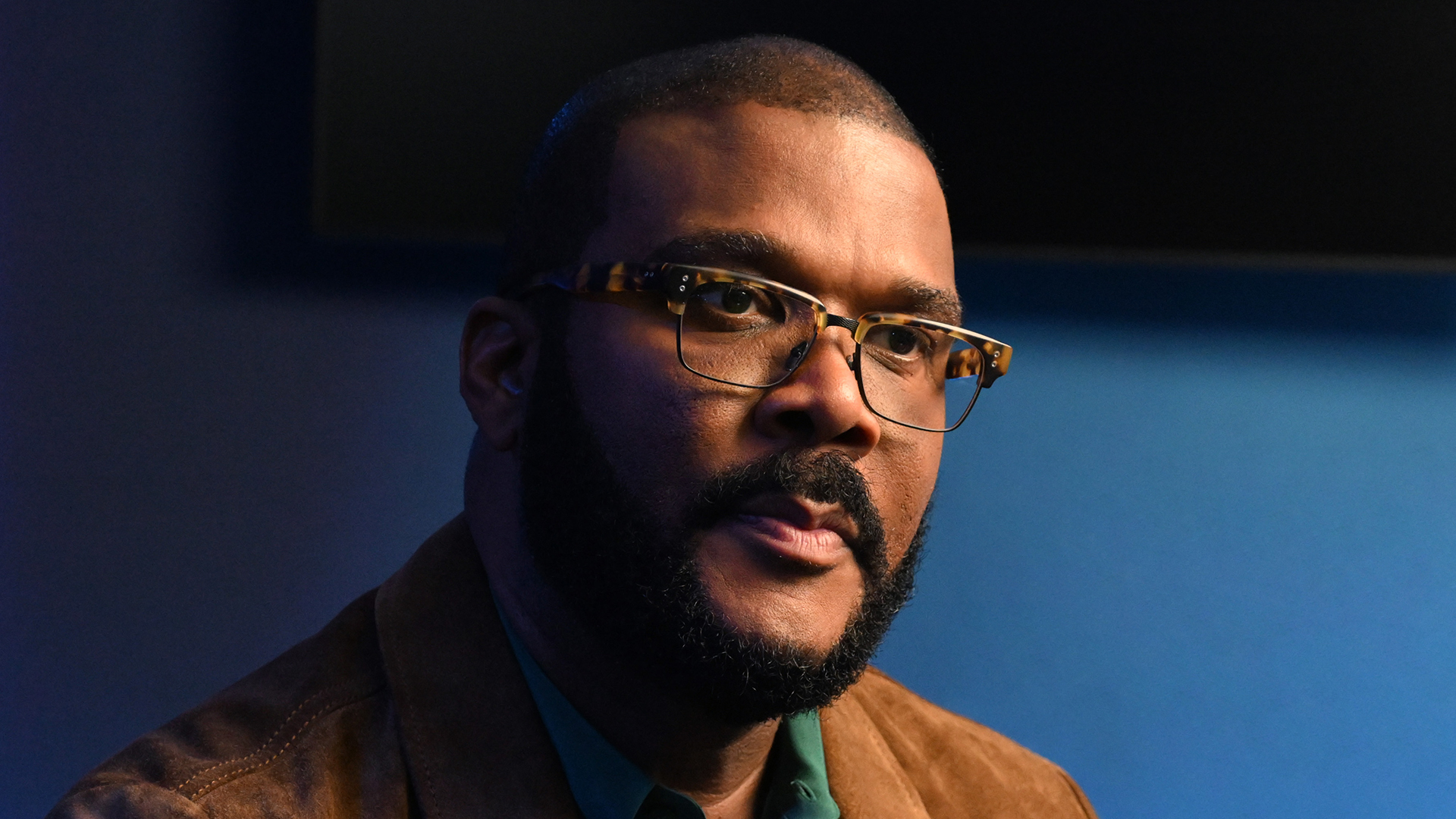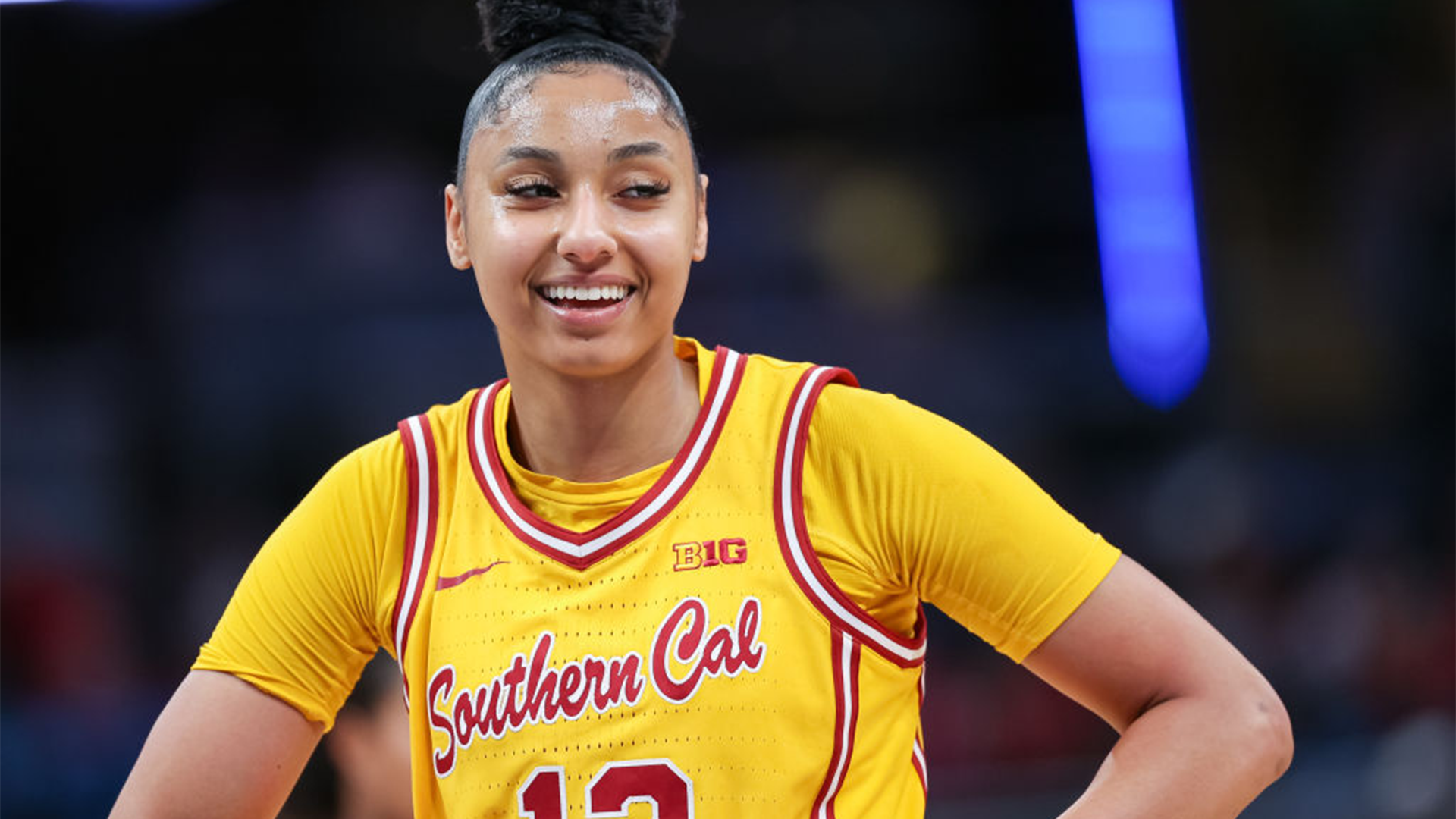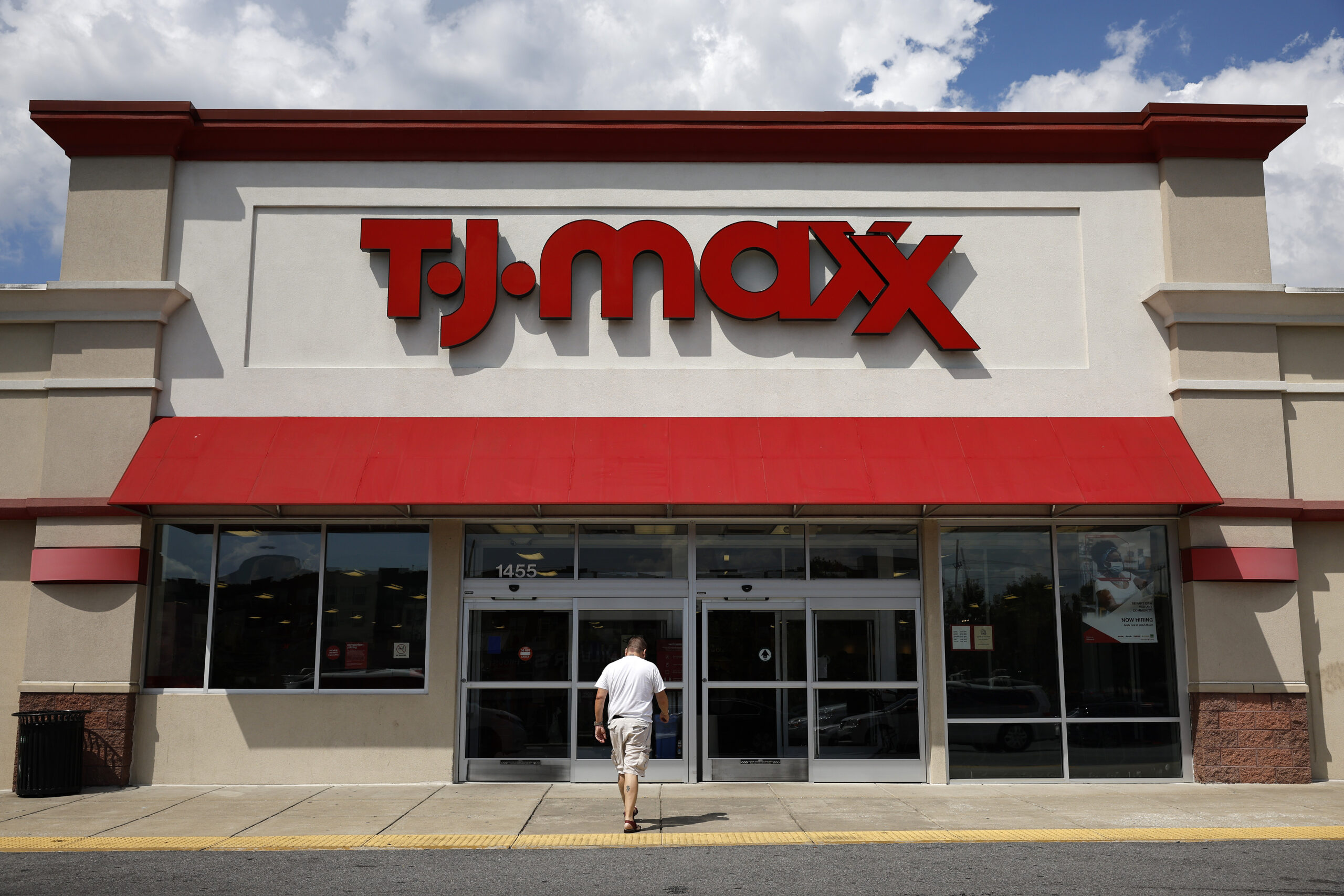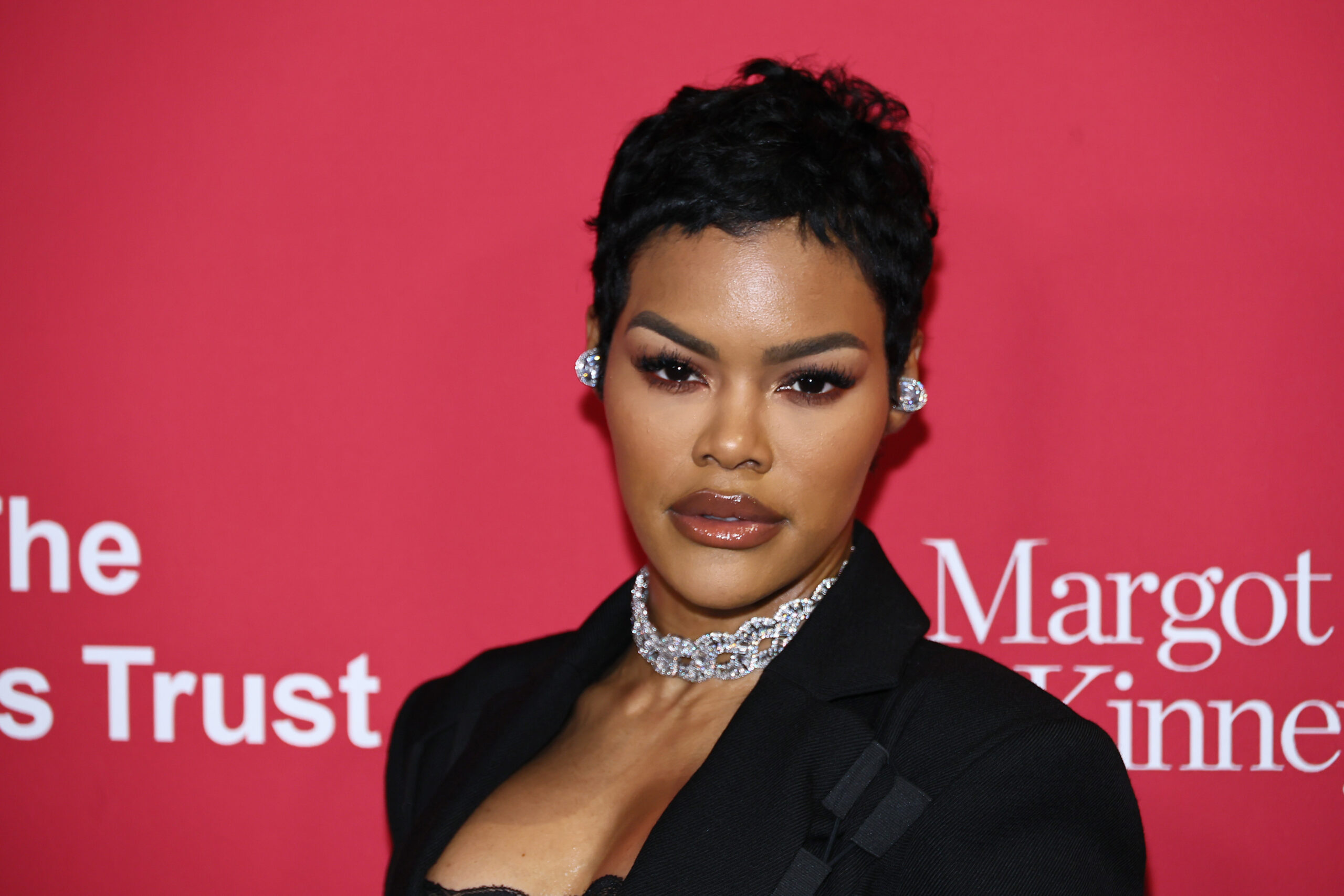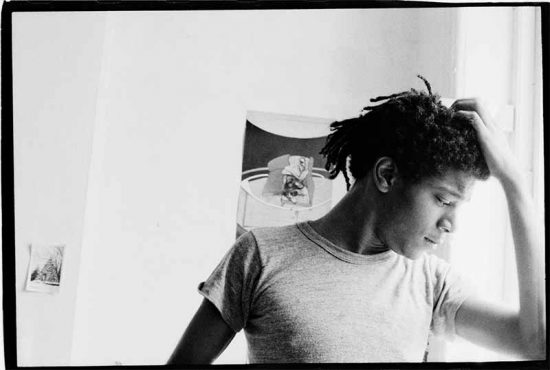Julie Wenah doesn’t necessarily want to address the elephant in the room about Facebook, but she knows she has to.
“When it comes to the product, itself, I know there’s a lot of work to be done,” she told AfroTech. “Leaving aside the privacy concerns, there is also no shortage of safety concerns, as well. The trust in our brand is lost amongst a certain segment of the population — we understand that, and we appreciate that. But more than anything, we’re doing everything we can to re-establish the trust in the brand, in the product — and we thank people, in advance, for their patience.”
The shattered trust in the Facebook brand, of course, comes from a combination of sources. Black people in general — and Black women, in particular — don’t feel safe in the space; according to Pew Research, almost 60 percent of all Black Internet users say they have experienced a form of online harassment — and social media platforms, like Facebook, Twitter, and Instagram could be incubators for such experiences.Then there’s the Cambridge Analytica scandal, in which the tech giant was revealed to sell the psychological profiles of Facebook users to the disgraced British firm for political advertisements. And, if you believe their former employees, it’s not a great place to work, either.
So when it was announced that Wenah was tapped for the company’s civil rights team as associate general counsel, civil rights, and product lead, some people viewed this hire as little more than window-dressing. But Wenah — whose career path took her from AirBnB to President Barack Obama’s administration — says that her role is a genuine one, one where she hopes to effectuate change at the macro- and the micro-level.
“I can’t speak to what happened before me, and it would be imprudent to try,” she said. “But, of course, I’m aware of what’s going on. How I approach it is a tricky one, too. As a professional, my primary directive is to do my job — and to do it well. But as a Black woman — as a dark-skinned Black woman, and the product of immigrant parents — I’m well aware of how this could affect me, or women that look like me, if not managed properly.”
And certainly, Wenah is confident that she’s able to turn the ship around to make the experience a better one for all involved. Taking care to note that sometimes, technology moves at a faster pace than the law — or even, sometimes, faster than society’s standards — Wenah is confident that with the upcoming changes due to be implemented across Facebook’s platforms and properties, the experience will be amazing again for all involved.
And, if all else fails, Wenah prefers to veer into the esoteric.
“Sometimes, we view life as a Hip-Hop album, when in reality, life is sometimes a mixtape,” she said. “You know, we trip ourselves up sometimes when we focus on the day-to-day minutiae of life. Life isn’t just about getting up in the morning, going to work, and coming home to repeat the cycle all over again. Life is about living — thriving — and loving. And in the end, the small stuff we sweat doesn’t matter in the long run.”
Editorial note: Portions of this interview have been edited and condensed for clarity.
